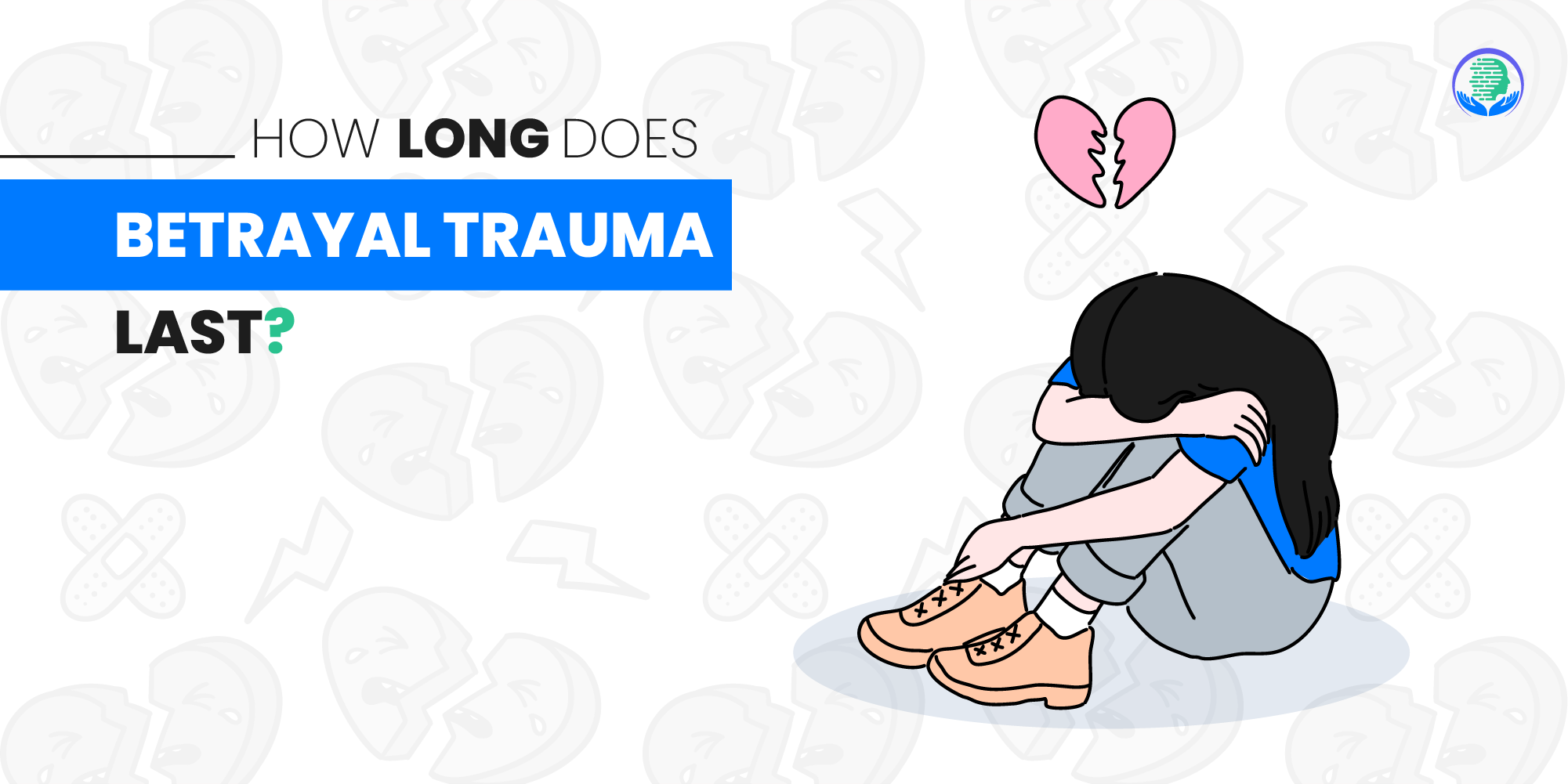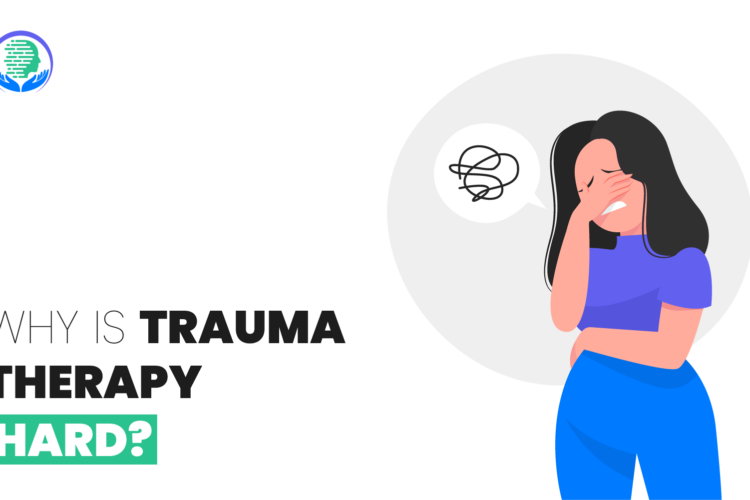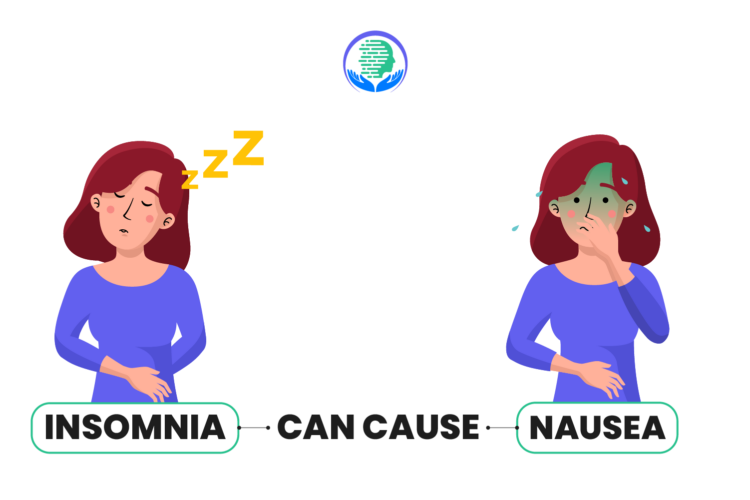
Recovering from a betrayal of trust can be a long and difficult journey.
It’s natural to feel hurt, angry, and even violated when someone you were close to breaks your trust.
The most frequently asked question that people want an answer to is: How long does betrayal trauma last?
The length of time it takes to recover from a betrayal can depend on the person and the circumstances surrounding the betrayal.
Some people might be able to move on fast but others might struggle with trust issues for years to come.
The most important thing to remember is that healing is a process that takes time. For that, getting professional help is important.
Zion Healthcare Services is here for you to treat the trauma you’ve been dealing with since long.
What Is Betrayal Trauma?
Betrayal trauma refers to the emotional and psychological distress experienced by a person.
It means you’ve been severely betrayed in a personal relationship, such as through infidelity or abuse of trust.
When a partner acts in ways that violate expectations of fidelity and cause deep hurt. After that, it can result in betrayal trauma for the victim.
To get the treatment for such a trauma, you can contact us for support.
Betrayal Trauma Symptoms
Betrayal can be about deception or about yearning for an emotional connection.
Even when relational, betrayal does not happen only in romantic relationships.
It also happens among friends and relatives. Betrayal trauma symptoms include:
- Intense emotional distress, feeling overwhelmed, or numbness.
- Intense anxiety or hypervigilance.
- Difficulty trusting others, even those not involved in the betrayal.
- Intrusive thoughts or flashbacks of the betrayal.
- Changing moods or irritability.
- Sleep disturbances, like insomnia or nightmares.
- A shift in self-perception or questioning one’s judgement.
- Withdrawal from social interactions and once-enjoyed activities.
What Leads to Betrayal Trauma?
It is these very actions that can instigate a deep sense of betrayal and cause emotional and psychological distress that people struggle with in the aftermath.
- Conditional commitment.
- A nonsexual affair.
- Lying, dishonesty.
- Sexual infidelity.
- Forming a coalition against the partner.
- Absenteeism or coldness.
- Withdrawal of sexual interest.
- Disrespect.
- Unfairness.
- Secrecy or hiding information that could be used against the person.
- Disclosing private information.
- Breaking promises.
What Does Betrayal Trauma Feel Like?
Betrayal trauma can feel like an emotional earthquake, shaking the very core of one’s inner world.
It is possible for people to experience a deep sense of loss—not just of the relationship as it was understood, but also of the trust and safety that were once taken for granted.
It’s like walking on uncertain ground; the person who was once a source of stability is now the cause of deep uncertainty and doubt.
Emotionally, it can manifest as an intense rollercoaster, with feelings of love and longing for the betrayer entangled with anger, hurt, and confusion.
People often feel isolated and alienated by these emotions, grappling with the contradiction of craving closeness in a world that’s just shown them how dangerous trust can be.
How To Cope with Betrayal Trauma?
How to deal with betrayal trauma? Dealing with the aftermath of betrayal trauma can feel difficult and lonely.
Survivors need to practice self-care and find support.
Some initial steps in coping include:
- Reducing self-blame.
- Limiting the intake of traumatic details.
- Connecting with trusted friends or a support group.
- Engaging in calming activities – like yoga, meditation, and ensuring basic food needs.
- Showing yourself kindness and compassion is essential.
- Finding professional support if necessary – therapy can help process the trauma and help you cope.
How Long does Betrayal Trauma Last?
Healing is different for everyone. Different people experience betrayal trauma differently and for varying lengths of time.
Personal resilience, betrayal nature, and the presence of a supportive network all affect it.
For some, the psychological effects subside over the course of a few weeks or months with the help of coping strategies and support.
For others, especially when the betrayal is deep-seated or involves complex relationships, the healing process can extend to years.
Building trust, reestablishing normalcy, and processing emotional turmoil require patience and professional assistance.
It’s important to recognize that the timeline for recovery is personal and non-linear, involving setbacks and gradual progress.
How To Heal Betrayal Trauma?
How to heal betrayal trauma? There are a lot of things to consider while recovering from the betrayal trauma. These factors are:
- The priority is creating safety and stability. Through individual therapy, clients work on safety planning, learning coping skills, and addressing any present dangers.
- Next, the traumatic memories are processed. The trained therapists use somatic techniques and EMDR to help clients gradually revisit traumatic events.
- Psychoeducation is important. Learning about common trauma responses helps normalize feelings of mistrust, shame, and lack of control.
- Skill-building regains independence. Therapy focuses on emotional regulation, conflict resolution, boundary-setting, and communication – replacing skills eroded by trauma.
- Group sessions combat isolation. Sharing experiences with peers provides support and comfort in not being alone.
- reative outlets like art therapy provide alternative ways of processing grief and trauma.
Betrayal Trauma Recovery
How to get over betrayal trauma?
If you have endured abuse, neglect, or severe betrayal of trust by someone close to you — a betrayal trauma recovery program can help you heal from the deep wounds.
Trauma-informed clinicians are trained to address feelings of powerlessness, shame, anxiety, and struggles.
Through evidence-based therapies like EMDR and Somatic Experiencing, combined with emotional skill-building — you’ll regain a sense of safety, empowerment, and independence.
Our goal is to help you move past the pain of the past by processing your trauma.
Regaining control over your life after such a deep betrayal can be possible. Reach out for support today.
Conclusion
How long does betrayal trauma last? The duration of the effects of betrayal trauma can depend on the severity of the trauma.
Factors such as pre-existing mental health conditions.
In general, betrayal trauma impacts people immediately after the event. Intense symptoms are common for several months or years.
Fortunately, trauma-informed therapy and a concerted effort to work through emotions can help.
To get better treatment for the trauma, please contact Zion Healthcare Services.
FAQs
Do you ever recover from betrayal trauma?
Yes, it is possible to recover from betrayal trauma.
With compassionate support and commitment to healing, survivors can process their painful experiences.
By doing so, they regain emotional stability and trust.
What are the long-term effects of betrayal trauma?
Survivors of betrayal trauma are at risk for developing post-traumatic stress disorder.
They face lifelong challenges with trust, intimacy safety, and security in relationships.
What does betrayal trauma do to the brain?
Prolonged stress from trauma can damage the prefrontal cortex and hippocampus, altering functions.
For example, emotion regulation, memory, and higher reasoning over time.
What are the stages of betrayal trauma and recovery?
Betrayal trauma survivors often experience acute distress, numbness, and dissociation.


